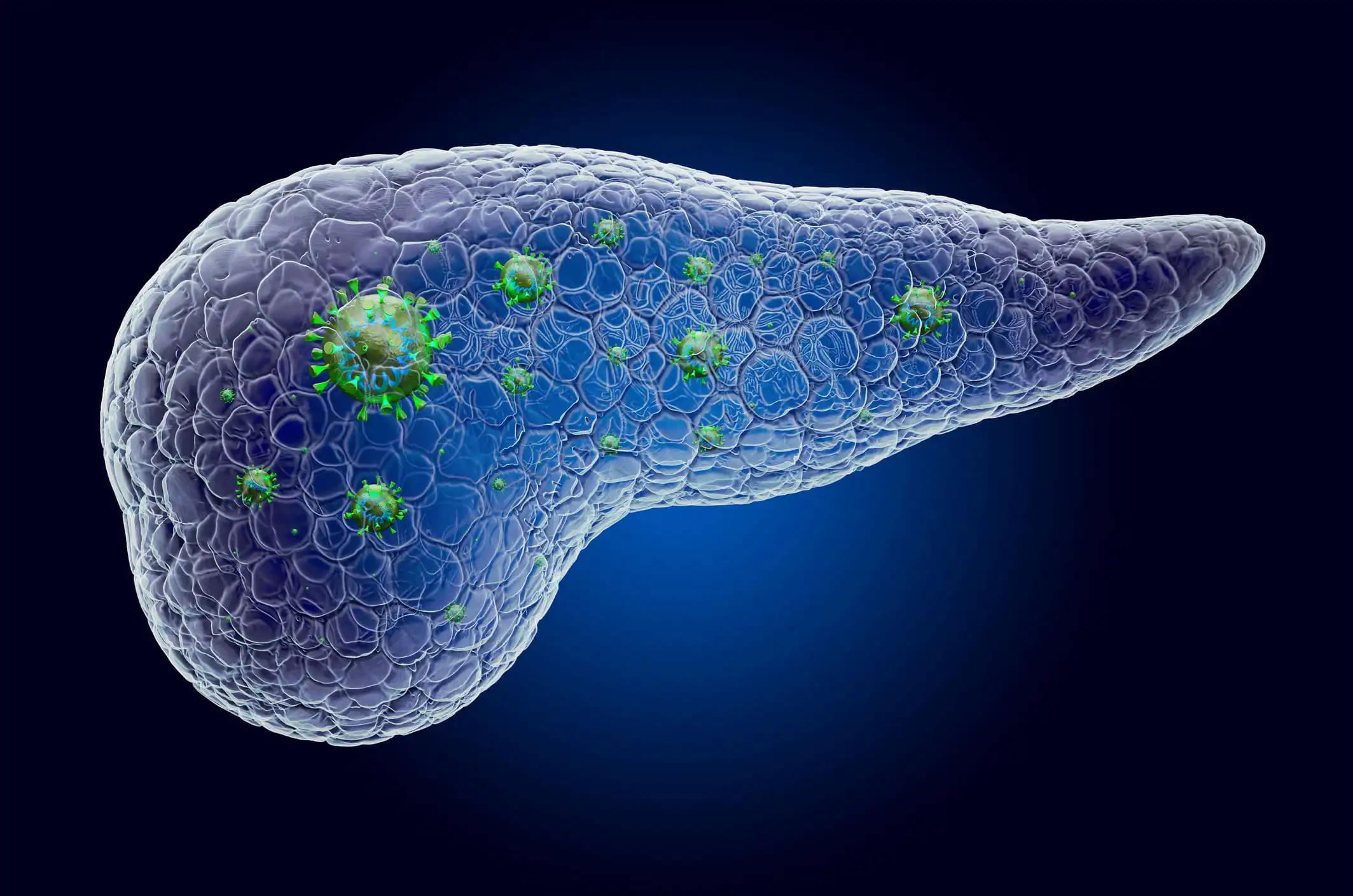KEY TAKEAWAYS
- The phase 2 trial aimed to investigate the optimal treatment for older adults with newly diagnosed mPDAC.
- The primary endpoint was to determine OS.
- Researchers noticed that no significant difference was found in treatment efficacy or toxicity in patients with older mPDAC.
Evidence-based data is lacking to guide the care of vulnerable older adults with newly diagnosed metastatic pancreatic ductal adenocarcinoma (mPDAC), necessitating the extrapolation of treatment approaches from younger patient populations.
In response, EA2186, a phase II randomized controlled trial, was initiated by Efrat Dotan and the research team as the first prospective study to specifically investigate the optimal treatment strategy for this demographic.
They conducted an inclusive analysis of EA2186, which enrolled vulnerable patients aged ≥70 with histologically confirmed mPDAC and ECOG PS 0-2. Vulnerability was defined by a screening geriatric assessment (GA) indicating mild abnormalities in functional status, comorbidities, cognition, or age ≥80. Patients were randomized to receive either Gemcitabine 1000mg/m2) and Nab-Paclitaxel (125mg/m2) every 14 days or Arm B: 5-Fluorouracil (2400mg/m2 over 46hr) Leucovorin (400mg/m2) and Liposomal Irinotecan (50mg/m2) every 14 days.
A comprehensive GA and quality of life (QOL) evaluation were conducted at baseline and 3 time points. The primary endpoint was overall survival (OS), with secondary endpoints including progression-free survival (PFS), response rate (RR), safety, and QOL.
The study had 90% power to detect a difference in median OS of 7.7 vs. 10.7 months (HR of 0.72) using a one-sided log-rank test at the 0.10 significance level. Stratification factors included age 70-74 vs ≥75, and ECOG PS 0-1 vs 2. The study met the planned futility boundary for OS at its single interim analysis (60.6% information) and was closed early by the DSMC.
About 176 patients were enrolled at 92 US sites between 6/2020 – 10/2023, with 88 patients per arm. The median age was 77 (range 70-90), with 49% females, 24% ECOG-0, 64% ECOG-1, and 12% ECOG-2. A majority of patients were deemed vulnerable by cognition (46%), age (36%), or co-morbidities (31.4%). No significant difference was seen in median OS between the arms (4.7 vs. 4.4 months in Arms A and B respectively; P = 0.72). Rates of ≥grade 3 toxicity were 45.6% in Arm A and 58.7% in Arm B (P = 0.10); rates of ≥grade 4 toxicity were 7.6% in Arm A vs 14.7% in Arm B (P = 0.16). Most common ≥grade 3 toxicities included anemia, neutropenia, fatigue in both Arms, and diarrhea in Arm B.
The study concluded that there was no significant difference in efficacy or overall toxicity between the two regimens tested in vulnerable older adults with mPDAC. These findings offer crucial insights for guiding treatment decisions and discussions on care goals in this patient population.
The trial was sponsored by the ECOG-ACRIN Cancer Research Group.
Source: https://meetings.asco.org/abstracts-presentations/231148
Clinical Trial: https://clinicaltrials.gov/study/NCT04233866
Dotan E, Catalano P.J., Lenchik L, et al. (2024). “A randomized phase II study of gemcitabine and nab-paclitaxel compared with 5-fluorouracil, leucovorin, and liposomal irinotecan in older patients with treatment-naïve metastatic pancreatic cancer (GIANT): ECOG-ACRIN EA2186.” Presented at ASCO 2024. J Clin Oncol 42, 2024 (suppl 16; abstr 4003), 10.1200/JCO.2024.42.16_suppl.4003.



